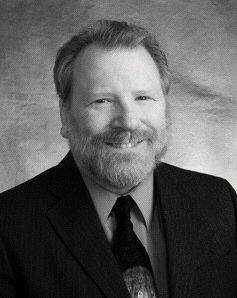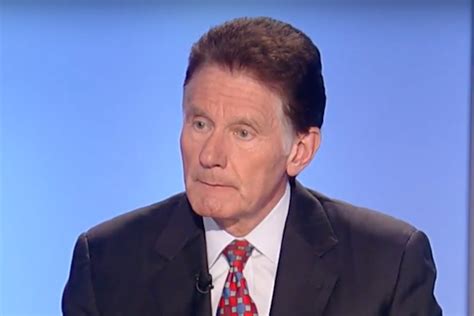A Quote by George Soros
The securitisation of mortgages added a new dimension of systemic risk. Financial engineers claimed they were reducing risks through geographic diversification: in fact they were increasing them by creating an agency problem. The agents were more interested in maximising fee income than in protecting the interests of bondholders. That is the verity that was ignored by regulators and market participants alike.
Related Quotes
When large companies take on risk, then they impose risks on the rest of the system. And these are systemic risks and these systemic risks we never used to think were really that important, but as soon as we recognize how the financial sector - the risks the financial sector takes on can impact the entire global economy, we realize that those risks needed to be controlled for the social good.
The fund scandals shined the spotlight on the fact that mutual fund managers were putting their interests ahead of the fund shareholders who trusted them, which had much more substantial consequences in the form of excessive fees and the promotion - as the market moved into the stratosphere - of technology funds and new economy funds which were soon to collapse.
The financial collapse of 2008 got its start with predatory mortgages, that weren’t sold by community banks and credit unions, they were sold by fly by night mortgage brokers who had almost zero federal oversight and then the big banks looked over, saw the profit potential and they wanted it bad. So they jumped in and sold millions of these terrible mortgages while the bank regulators just looked the other way.
The newspaper stories were like dreams to us, bad dreams dreamt by others. How awful, we would say, and they were, but they were awful without being believable. They were too melodramatic, they had a dimension that was not the dimension of our lives. We were the people who were not in the papers. We lived in the blank white spaces at the edges of print. It gave us more freedom. We lived in the gaps between the stories.
In fact, if law were restricted to protecting all persons, all liberties, and all properties; if law were nothing more than the organized combination of the individual's right to self-defense; if law were the obstacle, the check, the punisher of all oppression and plunder - is it likely that we citizens would then argue much about the extent of the franchise?
The Fed needs to adopt new tools, on its own and perhaps in cooperation with the other parts of the US government, to improve the economy from the bottom up. This includes increasing facilities for debt forgiveness for under-water mortgages and excessive student loans; increased credit facilities for small businesses and cooperatives; helping to underwrite mechanisms for creating affordable housing in cities; and more restrictive enforcement of financial regulatory rules to help rein in excessive banker risk and pay.
The most fundamental challenge of the anthropocene concerns agency. For those who lived the Enlightenment dream (always a minority but an influential one), agency was taken for granted. There were existential threats to agency (e.g., determinism) but philosophy mobilized to refute these threats (e.g., by defending libertarianism) or to defuse them (e.g., by showing that they were compatible with agency).
There were 33,000 missing Hillary [Clinton] emails. Nobody could find them. She claimed she deleted them. She handed over 30,000 to the State Department. They had them. They analyzed them. There are 30,000 she deleted. But people claimed that they had them. Like Kim Dotcom and there were others, that claimed they knew where they were, but nobody could produce them.
When asked by a grumpily puzzled professor what "rules" he followed, Debussy is said to have retorted, mon plaisir "whatever I please" and he further claimed that more was to be gained by watching the sun rise than by listening to the Pastoral Symphony. Although such remarks were intended to shock, they contain a core of Debussyan verity.


































